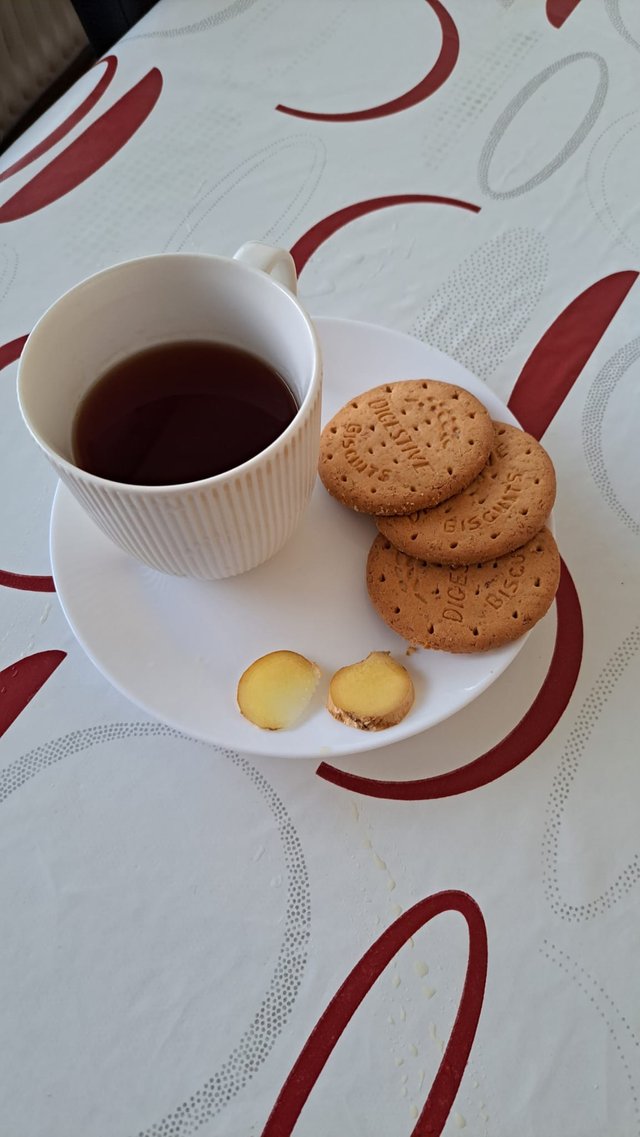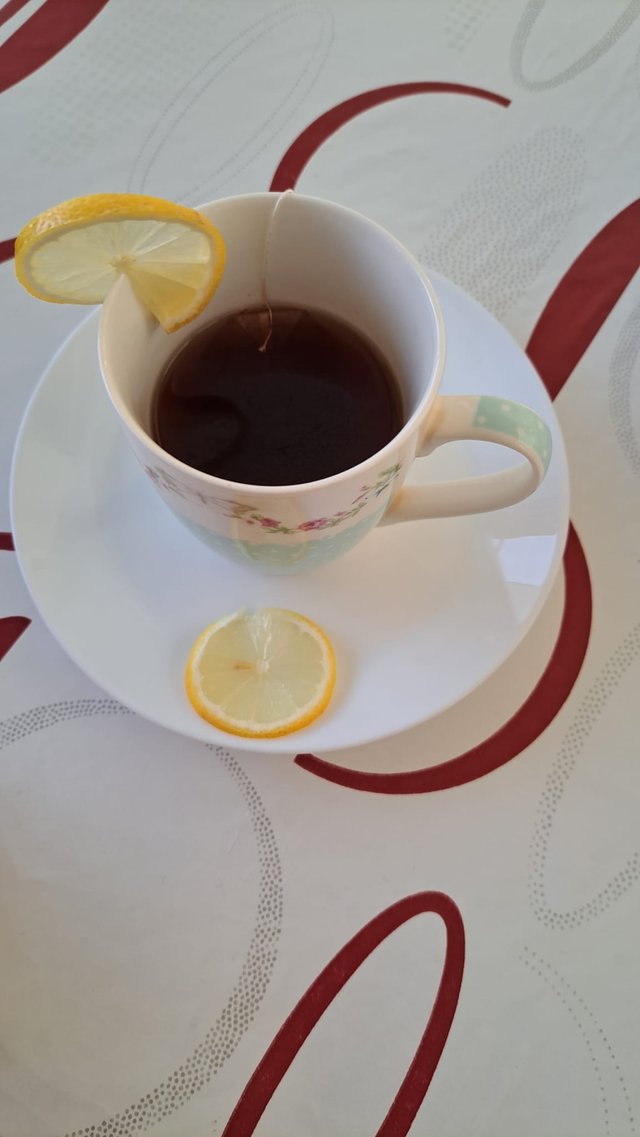
The adaptability of tea is one of its most alluring features. There is a tea for every mood and occasion, with thousands of types to choose from, each with unique flavour profiles and health advantages. In need of some morning motivation? Suggest yourself a malty Assam or a brisk Earl Grey. Do you have a calming desire before bed? You can get a better night's sleep by sipping peppermint or chamomile tea.

But tea is a ceremonial as much as a beverage. Tea ceremonies are considered an art form and are rich in symbolism and tradition in countries such as China and Japan. Every action is done with grace and attention, from choosing the tea leaves to the exact pouring method, resulting in a peaceful, in-the-moment experience.
Tea has many health advantages in addition to its cultural value. Tea has been associated with better heart health, increased immunity, and even improved cognitive performance. Tea is not simply a treat for the taste buds but also a health and mental tonic, with benefits ranging from lowering the risk of chronic illnesses to promoting healthy digestion and weight control.

Tea-drinking and its preparation also promote reflection and awareness. You are encouraged to take your time and appreciate the moment as you soak the leaves and observe the colours swirl in the cup. The soft scent of the teapot and the warmth of the ceramic mug in your hands are gentle prompts to be mindful of the little things in life and to be thankful for them.

In a world where things seem to happen quickly and chaotically, tea provides a haven of peace and tranquilly. We are urged to stop, take a deep breath, and establish new connections with ourselves and other people by this small pleasure. Therefore, when you make a cup of tea the next time, give it your whole attention. Sip, savour, and appreciate the moment's tranquilly as you let your troubles from the day fade away.